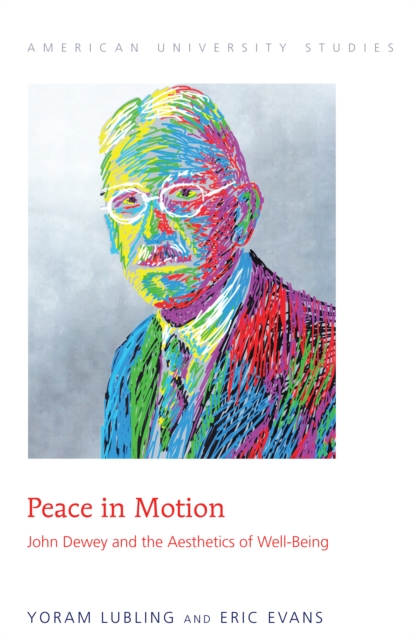
Peace in Motion : John Dewey and the Aesthetics of Well-Being PDF
by Lubling Yoram Lubling, Evans Eric Evans
Description
In this book Yoram Lubling and Eric Evans offer a Deweyan reconstruction of our philosophical understanding of well-being. They begin with Dewey's critique of the «philosophical fallacy» to examine the legitimacy and value of theories of well-being offered by traditional philosophy. However, such theories fail to provide an authentic account of well-being due to a false understanding of experience as either epistemic or cognitive. Next, using Dewey's theory of experience, they reconstruct «happiness» as the target for evaluation of well-being. This leads them to reject the traditional view of a private encapsulated self, and to offer in its place a transactionally situated self which is an embodied, enculturated agent. Through their emphasis on the importance of the qualitative aspects of Dewey's understanding of a situation, the pervasive quality of the situation emerges as the most plausible criterion for the evaluation of well-being. The authors use Dewey's theories of inquiry, ethics, value and art to establish the naturalistic conditions under which such pervasive quality enters into a situation as either settled or unsettled, in other words, as peace in motion. Consequently, a problematic situation becomes the primary condition under which all inquiry initiates whether it is in the context of science, ethics, values, art or ordinary living. Lubling and Evans conclude that a Deweyan account of well-being involves embodied knowing instead of the traditional view of cognitive knowledge. By using such an account, it is possible to explain the conditions and mechanisms under which well-being contributes to the enlargement and enrichment of individual and collective human experience.
Information
-
Download - Immediately Available
- Format:PDF
- Publisher:Peter Lang Inc., International Academic Publishers
- Publication Date:29/01/2016
- Category:
- ISBN:9781453917787
Other Formats
- EPUB from £52.35
Information
-
Download - Immediately Available
- Format:PDF
- Publisher:Peter Lang Inc., International Academic Publishers
- Publication Date:29/01/2016
- Category:
- ISBN:9781453917787






